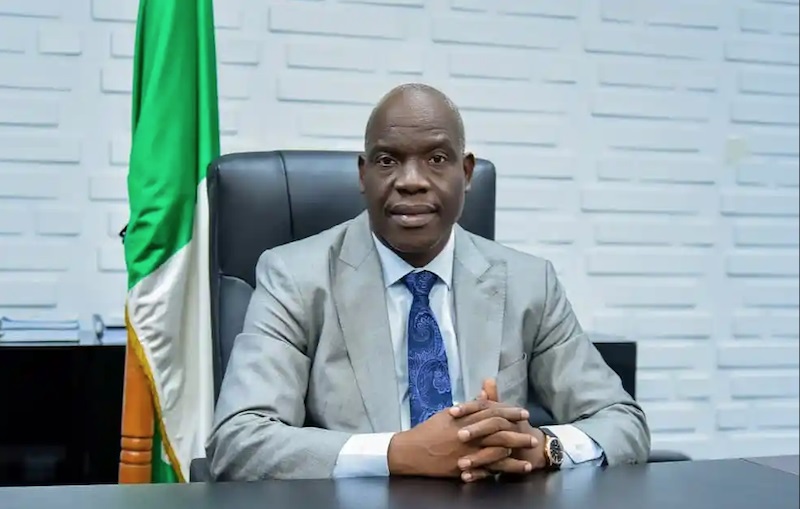
Business leaders have stressed the need to increase local impact investment to drive economic development. The business leaders stated this at the 2025 Investors Roundtable, organised by the Impact Investors Foundation (IIF) to explore practical steps for speeding up and enhancing the volume, composition and flow of capital into impact investment areas.
Impact investing refers to investments made to generate both financial returns and positive social or environmental impact. Unlike traditional investments, which focus solely on profit, impact investing seeks to address pressing global challenges such as poverty, climate change, education and healthcare while still being financially sustainable.
The roundtable, with the theme ‘Catalysing Impactful Investments in Nigeria: Unlocking Opportunities, Driving Sustainable Growth’, provided a strategic platform for dialogue on strategic ways to unlock private capital for impact investments.
The participants addressed systemic barriers and engaged in collaborative brainstorming sessions to deliver actionable strategies for strengthening Nigeria’s impact on the investment landscape.
Supported by the Ford Foundation, the UK International Development under the third phase of the RISA Fund’s Sustainable Systems for Research and Innovation Financing Project (SSRIF III) as well as Wema Bank, the event brought together key players from the investment and development finance ecosystem to discuss innovative solutions for unlocking local impact capital.
The Chairman of IIF, Frank Aigbogun; Nigeria Country Lead, RISA Fund-Chemonics, Alice Dada; and Divisional Head, Retail and SME, Wema Bank, Ayodele Olojede, underscored the need for alternative investment mechanisms to support MSMEs, a critical driver of Nigeria’s economic growth.
Also addressing the gathering, the Chief Executive Officer, IIF, Etemore Glover, charged participants to collaborate, innovate and take decisive steps to unlock the full potential of impact capital.
According to her, to build a resilient economy, “we must look inward and tap into local capital pools, including pension funds, government resources, high-net-worth individuals and corporate investors”.






